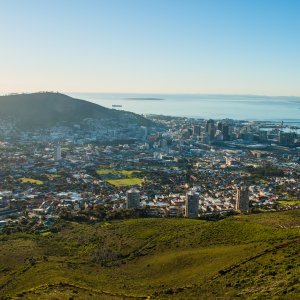
A framework for assessing and implementing the co-benefits of nature-based solutions in urban areas
Building on the work of EKLIPSE, Raymond et al. (2107) have published a paper on nature-basd solutions in urban areas. You can find the paper here: https://doi.org/10.1016/j.envsci.2017.07.008
The paper discusses the development of a holistic framework for assessing co-benefits (and costs) of nature-based solutions and developed and proposed a seven-stage process for situating co-benefit assessment within policy and project implementation. It found that nature-based solutions can have environmental, social and economic co-benefits and/or costs both within and across these 10 societal challenges. On that base, they develop and propose a seven-stage process for situating co-benefit assessment within policy and project implementation. The seven stages include: 1) identify problem or opportunity; 2) select and assess NBS and related actions; 3) design NBS implementation processes; 4) implement NBS; 5) frequently engage stakeholders and communicate co-benefits; 6) transfer and upscale NBS; and 7) monitor and evaluate co-benefits across all stages. It is concluded that the developed framework together with the seven-stage co-benefit assessment process represent a valuable tool for guiding thinking and identifying the multiple values of NBS implementation.
You can view the NBS Framework, 'An impact evaluation framework to support planning and evaluation of nature-based solutions projects' in the Oppla Marketplace.
The journal article was prepared by members of the of the EKLIPSE Expert Working Group on NBS to Promote Climate Resilience as a separate activity to the EKLIPSE NBS report. We acknowledge important contributions of the EKLIPSE Expert Working Group on NBS to Promote Climate Resilience in Urban Areas in the identification of actions, indicators and methods underpinning the assessment framework. This work was financially supported by GREEN SURGE, EU FP7 collaborative project, FP7-ENV.2013.6.2-5-603567 and by a grant of the Romanian National Authority for Scientific Research and Innovation, CNCS −UEFISCDI, project number PN-II-RU-TE-2014-4-0434. Author Dr. Frantzeskaki Niki was also supported by the ARTS Project (Accelerating and Rescaling Sustainability Transitions) funded by the European Union's Seventh Framework Programme (FP7) (Grand No 603654).
